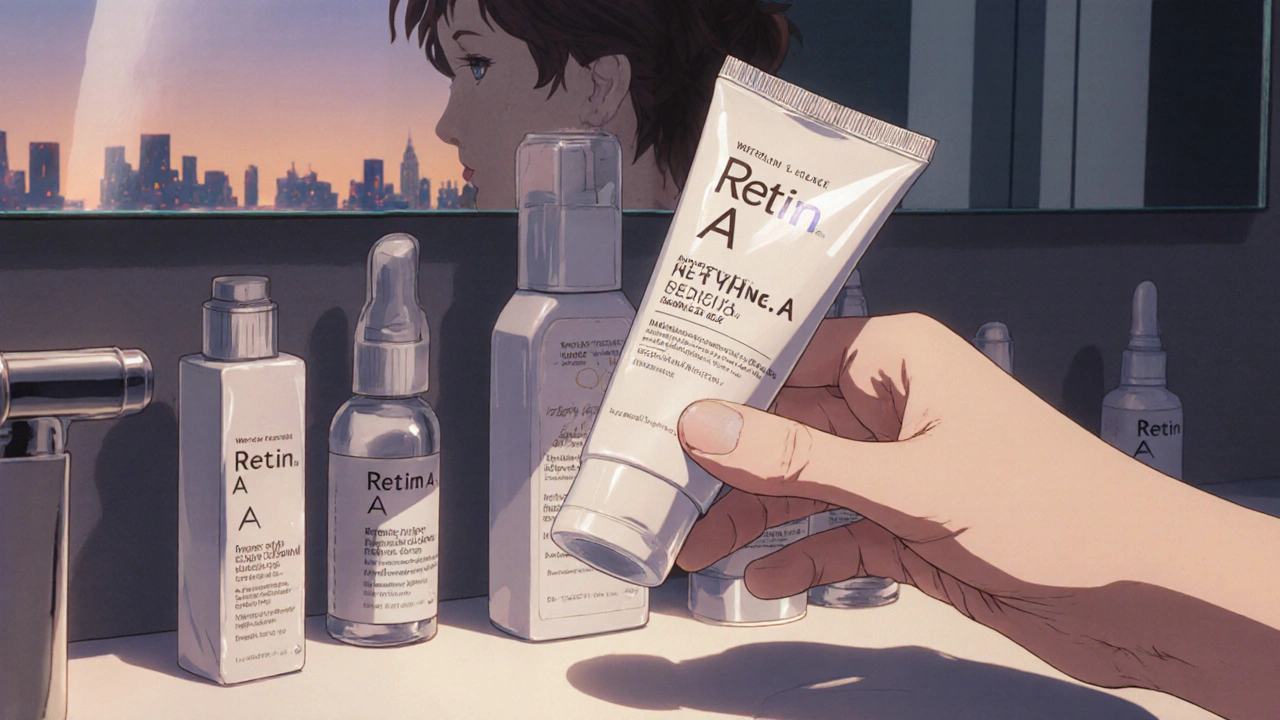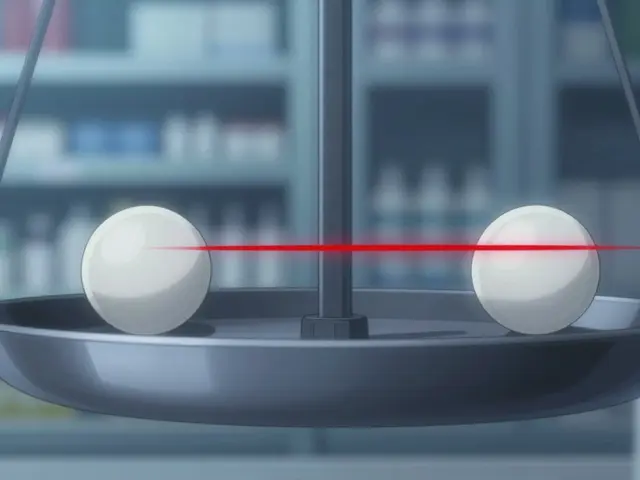Tretinoin – What It Is and Why It Matters
When working with Tretinoin, a topical retinoid derived from vitamin A that helps clear acne, smooth fine lines, and improve skin texture. Also known as Retinoic Acid, it is a key player in modern Dermatology, the medical field focused on skin health, and it directly targets Acne vulgaris. Tretinoin encompasses the family of retinoic acid derivatives, which means it works by speeding up cell turnover and reducing clogged pores. Effective acne treatment requires a balanced skin‑care routine, and using tretinoin often means pairing it with gentle cleansers and moisturizers to keep irritation low. The relationship between tretinoin and skin rejuvenation is clear: regular use can fade hyperpigmentation and stimulate collagen, making the skin look fresher over time.
How Tretinoin Works in Everyday Skin Care
Understanding the mechanism helps you decide if tretinoin fits your routine. The active compound binds to nuclear receptors in skin cells, prompting them to shed old cells faster and produce new, healthier cells. This process reduces the formation of comedones, the little bumps that turn into pimples, and also fades post‑inflammatory marks left behind. Because it affects cell turnover, tretinoin is also used off‑label for signs of aging – a crossover that highlights its versatility across both acne treatment and anti‑aging strategies. Users often notice a mild tingling sensation during the first weeks; this is a normal sign that the skin is responding, but it should subside with consistent use. Pairing tretinoin with sunscreen is non‑negotiable; the increased cell turnover makes skin more sensitive to UV radiation, so daily broad‑spectrum protection is essential.
Beyond the basics, the collection below dives into real‑world comparisons, safety tips, and cost considerations for tretinoin and related options. You’ll find detailed looks at how it stacks up against other retinoids, guidance on choosing the right strength for your skin type, and advice on managing side effects. Whether you’re new to retinoids or looking to fine‑tune your regimen, the articles ahead give you actionable insights to make informed choices and get the most out of your skin‑care journey.

Retin A 0.025 (Tretinoin) vs Common Alternatives: A Detailed Comparison
A detailed guide comparing Retin A 0.025 (tretinoin) with top alternatives like adapalene, tazarotene, azelaic acid, and retinol, covering benefits, risks, costs, and how to choose the best option for your skin.
Continue Reading



